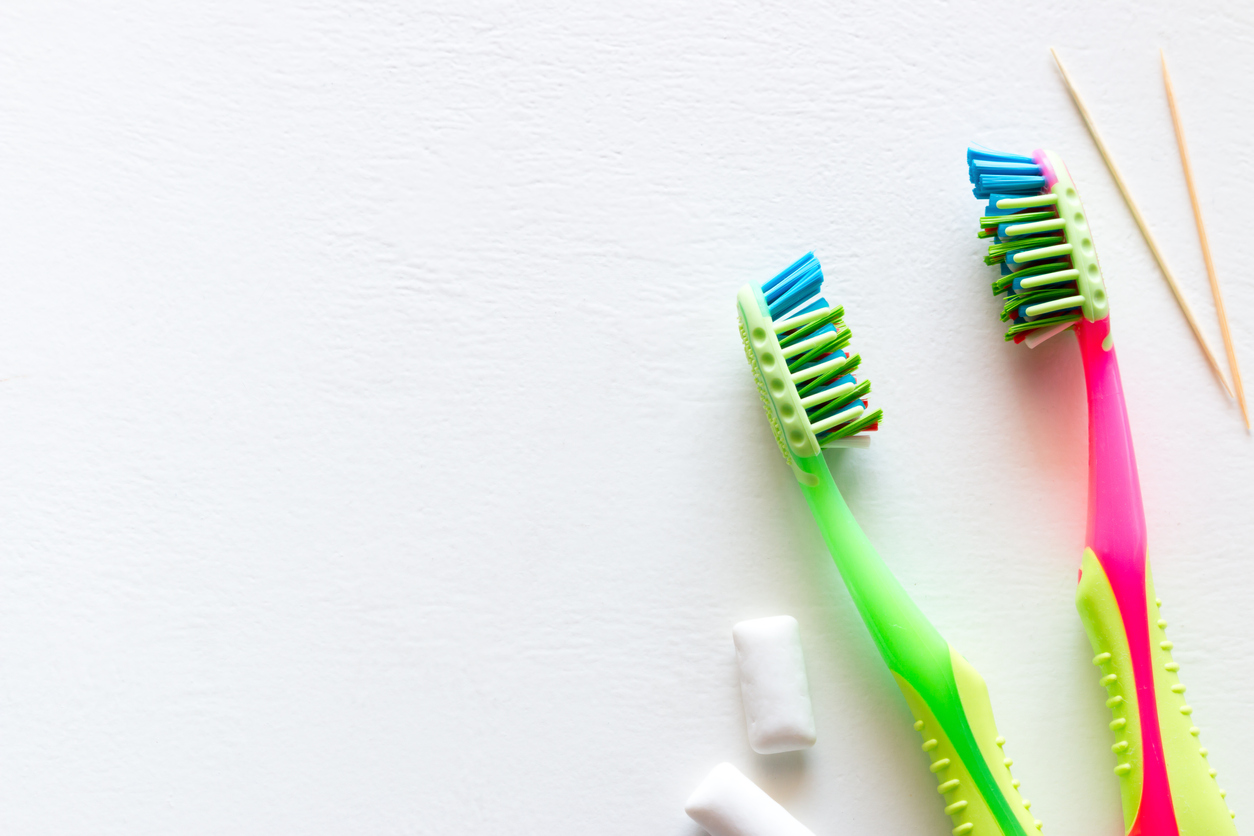The statistics show that the vast majority of Americans will never need this question answered. Less than 40% of us report that we floss daily. However, there is a small percentage of people that may be flossing too vigorously. Essentially, unless you can feel food stuck in your teeth, then you should only be flossing once a day. Plaque takes between 24 and 48 hours to form and harden, so flossing more than once in a 24 hour period is generally unnecessary.





